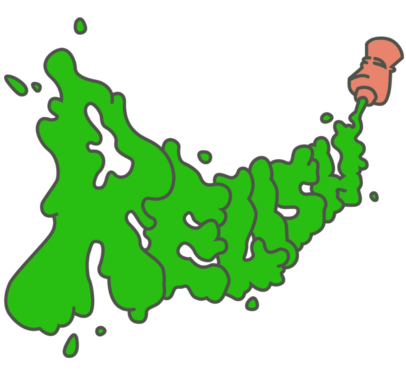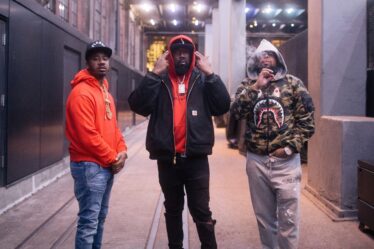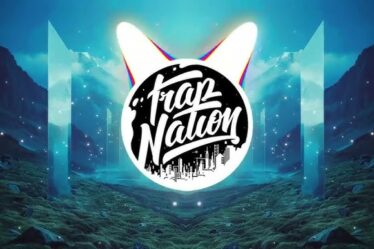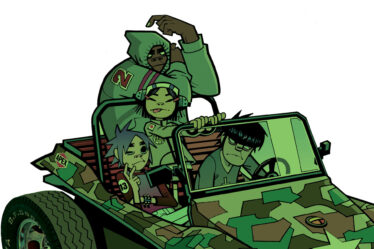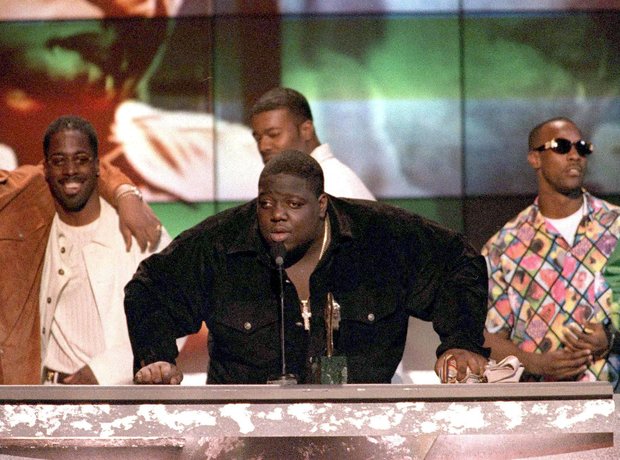
By: Alana Saucier
Hip-hop and rap music have always been an agent of change, a powerful cultural movement which in turn influences society. Many young, talented rappers and hip-hop artists have been taken from us far too soon at the hands of gang violence. A prime example of one of the most famous cases of gang violence in the hip-hop realm was between The Notorious B.I.G. and Tupac Shakur. The two became friends when they met in 1993, as they were two of the most influential artists in hip-hop at the time. Their friendship always had an edge to it—being from opposite coasts, Biggie an East Coast rapper from Brooklyn and Tupac a West Coast rapper in California, resulted in different experiences and music styles. This separated them and resulted in a friendly rivalry.
The rivalry transitioned into a not-so-friendly one in 1994 when Tupac was robbed and shot multiple times in a New York City recording studio. He believed that it was the doings of Biggie and his label, Bad Boy Records. A few months later, Biggie released “Who Shot Ya.” Biggie claims that the song was recorded months before Tupac was shot, but others refer to it as a diss track. Two years later, Tupac released one of his most distinguished tracks, “Hit em Up.” The song is clearly about Biggie and his label, as they are mentioned by name along with others associated with him including Junior M.A.F.I.A. and Lil’ Kim. It features lyrics like, “Who shot me? But you punks didn’t finish,” “5 shots couldn’t stop me I took it and smiled,” and “Fuck Mobb Deep, Fuck Biggie, Fuck Bad Boy as a staff, a record label and as a motherfucking crew, and if you wanna be down Bad Boy then fuck you too.”
That same year, Tupac was fatally shot in a drive-by shooting in Las Vegas. His murder was surrounded by conspiracies, no one ever knowing if Biggie was involved or not. Similarly, when Biggie was shot and killed a year later in a drive-by shooting in LA, it was never discovered if there was any relation to Tupac. This infamous hip-hop beef is one of the most known rivalries in music, and has set the tone for other rivalries in the rap game today.
Gang violence in communities across the country, such as on O Block in Chicago, intersects with the world of rap music—a realm where artists like King Von, who tragically lost his life in a shooting, often share their experiences. Von’s untimely death in 2020 is a reminder of the deadly consequences of street conflicts that are apparent through the lyrics of his music, leaving a void in the rap community and in the ongoing struggle against violence in neighborhoods like O Block. In the face of the talent and prospects within these communities, the specter of violence continues to cast a shadow, highlighting the urgent need for lasting solutions to break this cycle.
